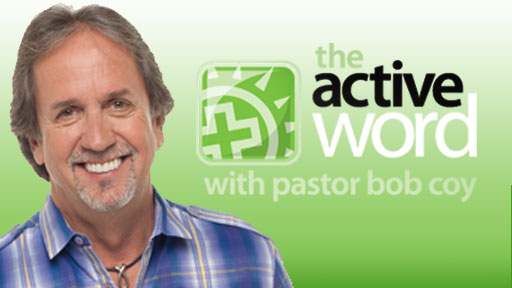Morning
"Wherefore hast thou afflicted thy servant?"
Our heavenly Father sends us frequent troubles to try our faith. If our faith be worth anything, it will stand the test. Gilt is afraid of fire, but gold is not: the paste gem dreads to be touched by the diamond, but the true jewel fears no test.
It is a poor faith which can only trust God when friends are true, the body full of health, and the business profitable; but that is true faith which holds by the Lord's faithfulness when friends are gone, when the body is sick, when spirits are depressed, and the light of our Father's countenance is hidden.
A faith which can say, in the direst trouble, "Though he slay me, yet will I trust in him," is heaven-born faith. The Lord afflicts his servants to glorify himself, for he is greatly glorified in the graces of his people, which are his own handiwork.
When "tribulation worketh patience; and patience, experience; and experience, hope," the Lord is honoured by these growing virtues. We should never know the music of the harp if the strings were left untouched; nor enjoy the juice of the grape if it were not trodden in the winepress; nor discover the sweet perfume of cinnamon if it were not pressed and beaten; nor feel the warmth of fire if the coals were not utterly consumed.
The wisdom and power of the great Workman are discovered by the trials through which his vessels of mercy are permitted to pass. Present afflictions tend also to heighten future joy.
There must be shades in the picture to bring out the beauty of the lights. Could we be so supremely blessed in heaven, if we had not known the curse of sin and the sorrow of earth? Will not peace be sweeter after conflict, and rest more welcome after toil? Will not the recollection of past sufferings enhance the bliss of the glorified?
There are many other comfortable answers to the question with which we opened our brief meditation, let us muse upon it all day long.
Evening
"Now on whom dost thou trust?"
Reader, this is an important question.
Listen to the Christian's answer, and see if it is yours. "On whom dost thou trust?" "I trust," says the Christian, "in a triune God. I trust the Father, believing that he has chosen me from before the foundations of the world; I trust him to provide for me in providence, to teach me, to guide me, to correct me if need be, and to bring me home to his own house where the many mansions are.
I trust the Son. Very God of very God is he--the man Christ Jesus.
I trust in him to take away all my sins by his own sacrifice, and to adorn me with his perfect righteousness. I trust him to be my Intercessor, to present my prayers and desires before his Father's throne, and I trust him to be my Advocate at the last great day, to plead my cause, and to justify me.
I trust him for what he is, for what he has done, and for what he has promised yet to do. And I trust the Holy Spirit--he has begun to save me from my inbred sins; I trust him to drive them all out; I trust him to curb my temper, to subdue my will, to enlighten my understanding, to check my passions, to comfort my despondency, to help my weakness, to illuminate my darkness;
I trust him to dwell in me as my life, to reign in me as my King, to sanctify me wholly, spirit, soul, and body, and then to take me up to dwell with the saints in light forever."
Oh, blessed trust! To trust him whose power will never be exhausted, whose love will never wane, whose kindness will never change, whose faithfulness will never fail, whose wisdom will never be nonplussed, and whose perfect goodness can never know a diminution!
Happy art thou, reader, if this trust is thine! So trusting, thou shalt enjoy sweet peace now, and glory hereafter, and the foundation of thy trust shall never be removed.











